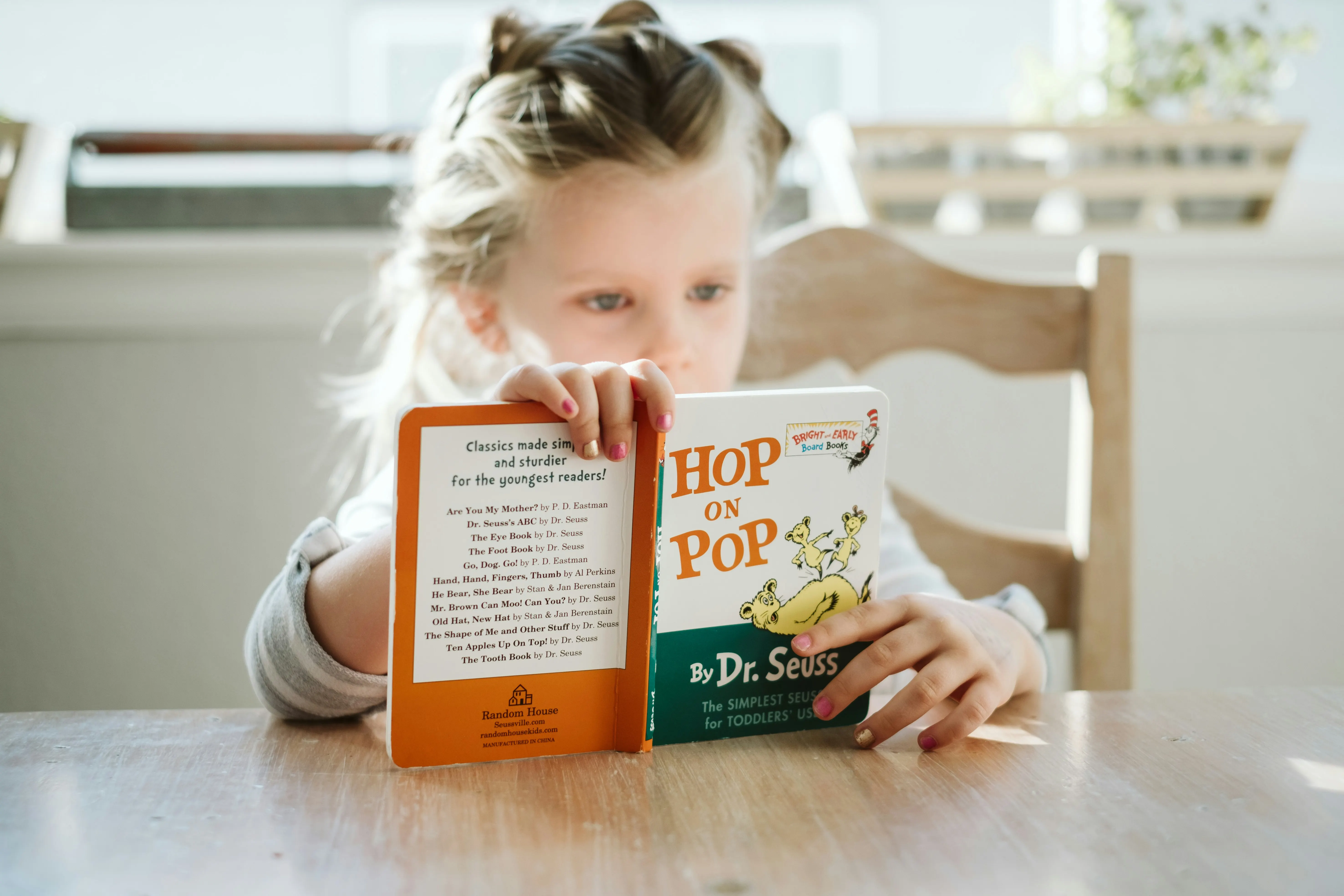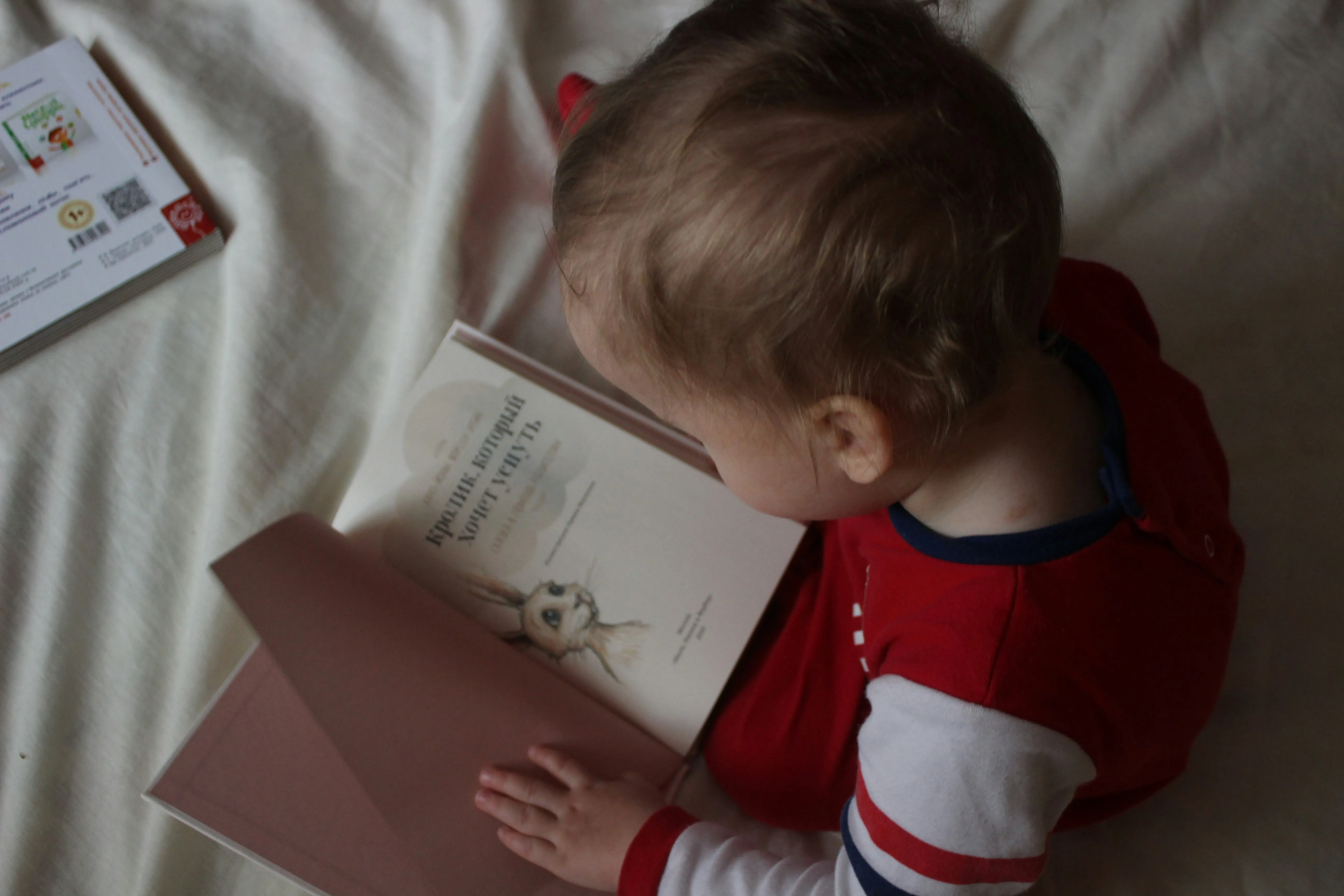How to Discipline Young Children with Love and Understanding
Healthy Discipline
Table of Contents:
I. Introduction
Navigating Early Childhood Discipline
The Role of Love and Guidance
II. Recognizing Common Behaviors
Tantrums and Meltdowns
Defiance and Independence
Impulsivity and Self-Control
Attention-Seeking Behaviors
III. Effective Discipline Strategies
Handling Tantrums and Meltdowns
Addressing Defiance with Clear Rules
Managing Impulsivity with Fun Games
Positive Reinforcement for Attention-Seeking
IV. Balancing Affection with Discipline
Compassionate Teaching and Guidance
Emotional Regulation and Positive Choices
Fostering Confidence and Respect
V. Tips for New Moms
Embrace the Learning Curve
Personalized Guidance for Your Child
Avoiding Overwhelm with Focused Resources
Encouraging Bonding and Cognitive Growth
Sustainable Engagement for Development
VI. Conclusion

Highlights
- Navigating the world of early childhood discipline can be a tough and emotional journey.
- Each day can bring new behaviours and challenges, but remember, your love and guidance will help shape your child into a kind and thoughtful individual.
- Let's explore some thoughtful, loving strategies to guide your little one towards positive behaviour.

Recognizing Common Behaviours
Every parent faces various behaviours from their children. Here’s a quick breakdown:
- Tantrums and Meltdowns: These often happen when children feel overwhelmed or can’t express their emotions.
- Defiance: Hearing “no” all the time? This is your child asserting their independence.
- Impulsivity: Acting on impulse, like snatching toys, is typical as they learn self-control.
- Attention-Seeking: Misbehavior often aims to grab your attention, usually through whining or interrupting.

Effective Discipline Strategies
Finding the right way to discipline can make all the difference. Here are some tailored strategies:
- Tantrums and Meltdowns: Stay calm and let the storm pass. Once they’re calm, talk about their feelings and why their actions were wrong. This helps them learn to articulate their emotions.

- Defiance: Set clear rules and stick to them. When faced with defiance, calmly explain the consequences. Offering choices within boundaries can empower your child while reinforcing rules.
- Impulsivity: Encourage self-control through fun games like “Simon Says.” Praise their patience and gently correct impulsive actions by encouraging sharing and waiting.
- Attention-Seeking: Use positive reinforcement to recognize appropriate ways they seek attention. Explain calmly why misbehaviour won’t get the desired attention and spend quality time together to meet their emotional needs.
Balancing Affection with Discipline

- Discipline isn’t just about correcting behaviour—it’s about teaching and guiding.
- Approaching discipline with compassion ensures your child learns emotional regulation, makes positive choices, and understands the consequences of their actions.
- By being consistent, patient, and loving, you help your child grow into a confident and respectful person, equipped to handle life’s challenges.

Tips for New Moms:
1. Embrace the Learning Curve: Every mom, including Emily, faces challenges understanding their newborn’s needs. Focus on simple learning activities that align with your baby’s sensory and cognitive development, laying a strong foundation for future learning.

2. Personalized Guidance is Key: Each child is unique. Find resources that cater to your child's pace and style, ensuring they receive the support needed to excel.
3. Avoid Overwhelm: Start with focused educational materials suited to your baby’s stage, evolving with them as they grow. This ensures each step you take nurtures your child's potential effectively.
4. Bonding and Cognitive Growth: Incorporate educational moments in daily routines without overwhelming your baby. Everyday interactions can be powerful learning experiences that also strengthen your bond.
5. Sustainable Engagement: Choose dynamic resources that grow with your child, maintaining their interest and providing fresh challenges. Celebrate each developmental milestone together, confident in the tools you’ve chosen.
By implementing these strategies and tips, you'll transform your parenting approach, fostering a nurturing environment where your child can thrive emotionally and cognitively. Remember, your journey is unique and valuable, and with the right tools and mindset, you can navigate it beautifully.
Related Articles:
The Vital Role of Lifelong Learning From Birth: A Guide for New Parents and Grandparents
A Data-Driven Approach to Success
Fostering a Lifelong Love for Learning
Citations:
https://www.zerotothree.org/resources/series/parent-favorites-discipline-and-guidance
https://www.verywellfamily.com/ways-to-discipline-young-children-1094889
https://childmind.org/article/discipline-how-parents-can-positively-enforce-limits/
https://www.ahaparenting.com/parenting-tools/positive-discipline








































































































































